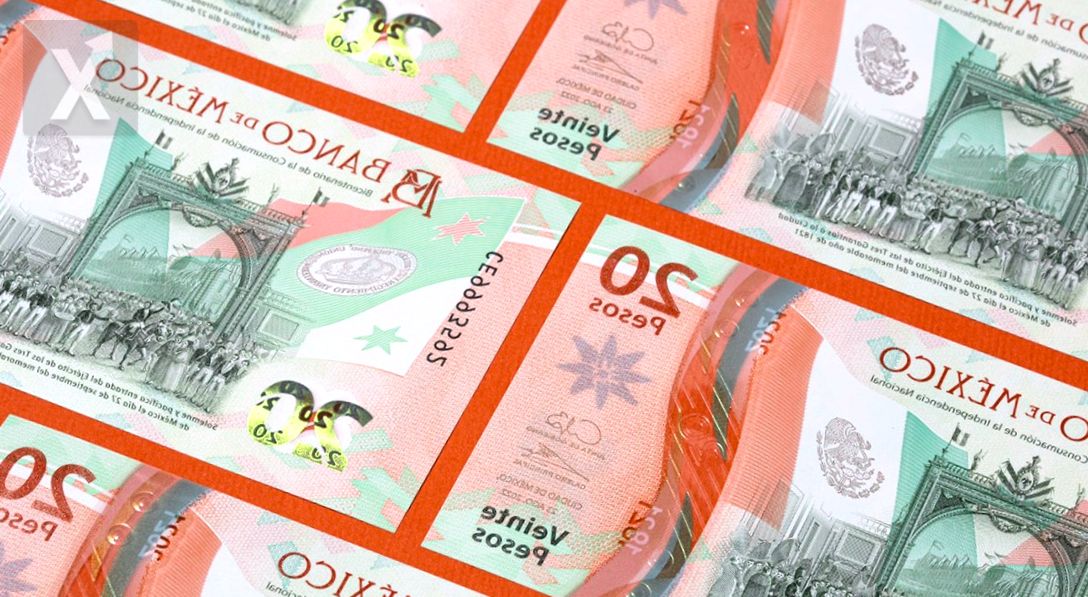Fiscal Deficit in Mexico Rises by 54% and Exceeds One Trillion Pesos

In the second-to-last month of Andrés Manuel López Obrador's administration, the public deficit calculated from the Financial Requirements of the Public Sector (RFSP) skyrocketed by 54% from January to August, compared to the same period in 2023. In its report on the finances and public debt for August, the Ministry of Finance and Public Credit (SHCP) revealed that the difference between income and public spending reached 1.109 trillion pesos, surpassing the 689.404 billion pesos from the previous year. According to the Ministry, RFSP are a measure of the funding needs necessary to meet public policy objectives, both for public sector entities and for private and social sector organizations operating on behalf of the government.
The figures provided by the Ministry indicate that by the end of August, revenues reached 5.049 trillion pesos, reflecting a real year-over-year increase of 3.6%. In contrast, public spending rose almost to six trillion, reaching 5.947 trillion pesos, representing a real annual increase of 9.6%. Additionally, the Historical Balances of the Financial Requirements of the Public Sector, the primary reference for public debt, climbed to 16.557 trillion pesos by the end of August, while the net debt of the Federal Public Sector reached 16.660 trillion. From January to August, total net spending increased by 9.6% in real terms. Notably, there was an 11.6% real annual increase in the component allocated to the provision of public goods and services, the highest since 2014. Physical investment also surged by 20.2% in real terms compared to the same period last year, marking the largest increase since 2014. In particular, direct physical investment from the Federal Government rose by 59.6% in real annual terms. On the other hand, financial costs saw a 4% real increase during the January to August period, despite restrictive financial conditions; they were 46 billion pesos below what was anticipated in the program. Lastly, spending on transfers to federal entities and municipalities grew by 4.7% in real terms when comparing January-August 2023, driven by a 3.7% real increase in shareable federal revenue.
It is crucial to closely monitor how this rise in the fiscal deficit may impact the long-term economic stability of the country. A growing deficit can raise concerns among investors and affect Mexico's credit rating, as well as put pressure on interest rates and inflation. The key lies in balancing public investment with fiscal sustainability to ensure robust and sustainable economic growth.





